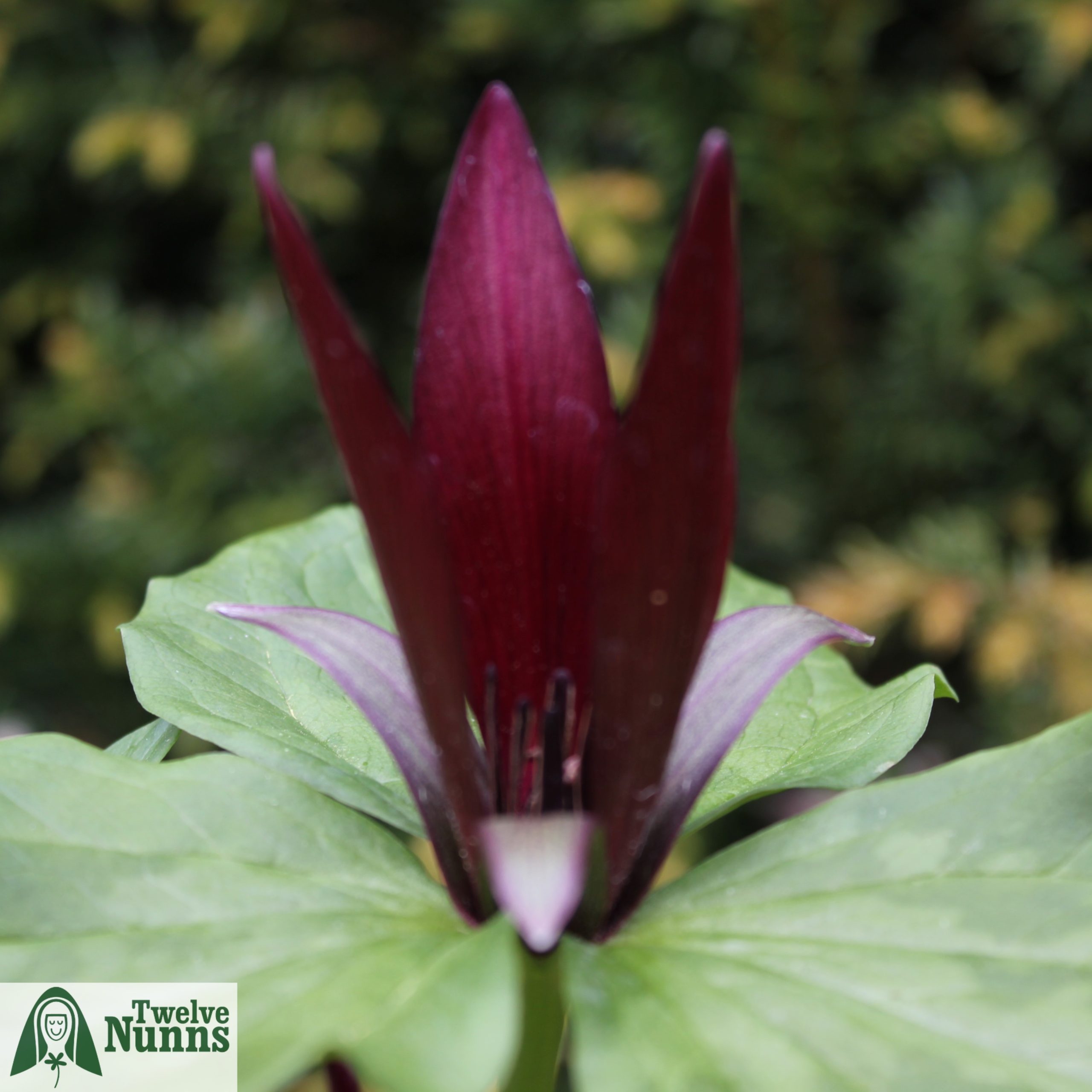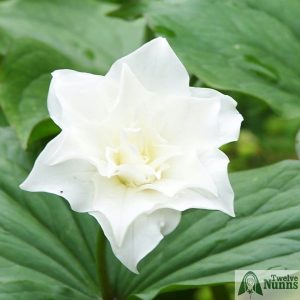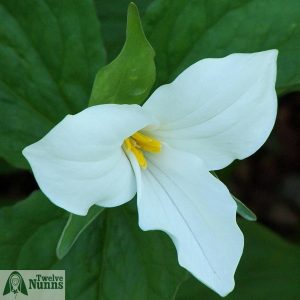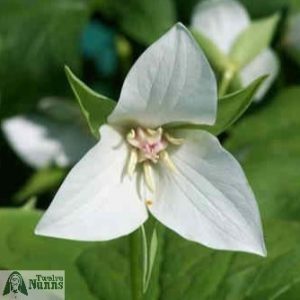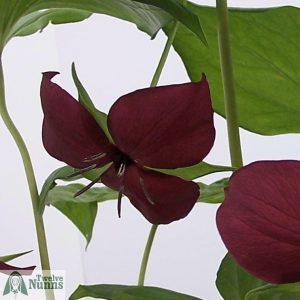Trillium chloropetalum
£ 17.50 inc. VAT
Trillium chloropetalum has upright maroon-red flowers with beautifully mottled leaves that continue to look good long after the flowers are over. Forming strong clumps over time, it is a very persistent grower – in our experience 25 years in one position is not uncommon.






Trilliums are charming Spring flowers. As their name suggests they produce three petals holding three sepals, on top of three leaves. As one of his favourite Spring flowers, Joe Swift describes them as ‘a little like a cup sitting on a saucer’ (Joe Swift The Times March 2024).
All our Trillium varieties make great garden plants and are propagated and grown by us. The parent plants have been either split to produce more plants or hand-pollinated to produce seeds and grown on. None of the plants we supply are from wild stock.
Val Bourne recommends a number of our Trillium as some of the best Trilliums to grow. See the article she wrote for the Gardens Illustrated magazine:-
Trillium: The best trilliums to grow in your garden, plus growing advice – Gardens Illustrated
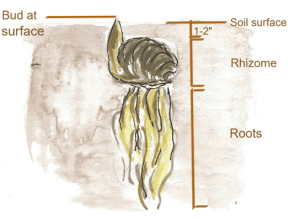
How we supply Trilliums
We send out our Trilliums as freshly lifted, healthy rhizomes with live roots when they are dormant from mid July until November. Our rhizomes are at least 4 years old, so given the right situation and soil they should flower after 1 year of planting.
Where to plant
Nearly all Trilliums naturally grow in woodland conditions. A position under some trees or shrubs is ideal where there is some shade and not in full sun during the summer. Helleborus and Erythroniums make great planting companions.
How to plant
The rhizomes you receive from us will have a number of living roots attached to them, which must be preserved at all costs. Without them, the rhizome will take 2-3 years to establish an adequate new root system. For further guidance on how to plant Trilliums, please see our Trillium Planting Advice sheet.
Trilliums are quite hungry plants
Mix some well decayed organic material in with the soil when planting. This can be garden compost, leaf mould or even really well rotted manure. Good feeding results in better growth and flowering.



